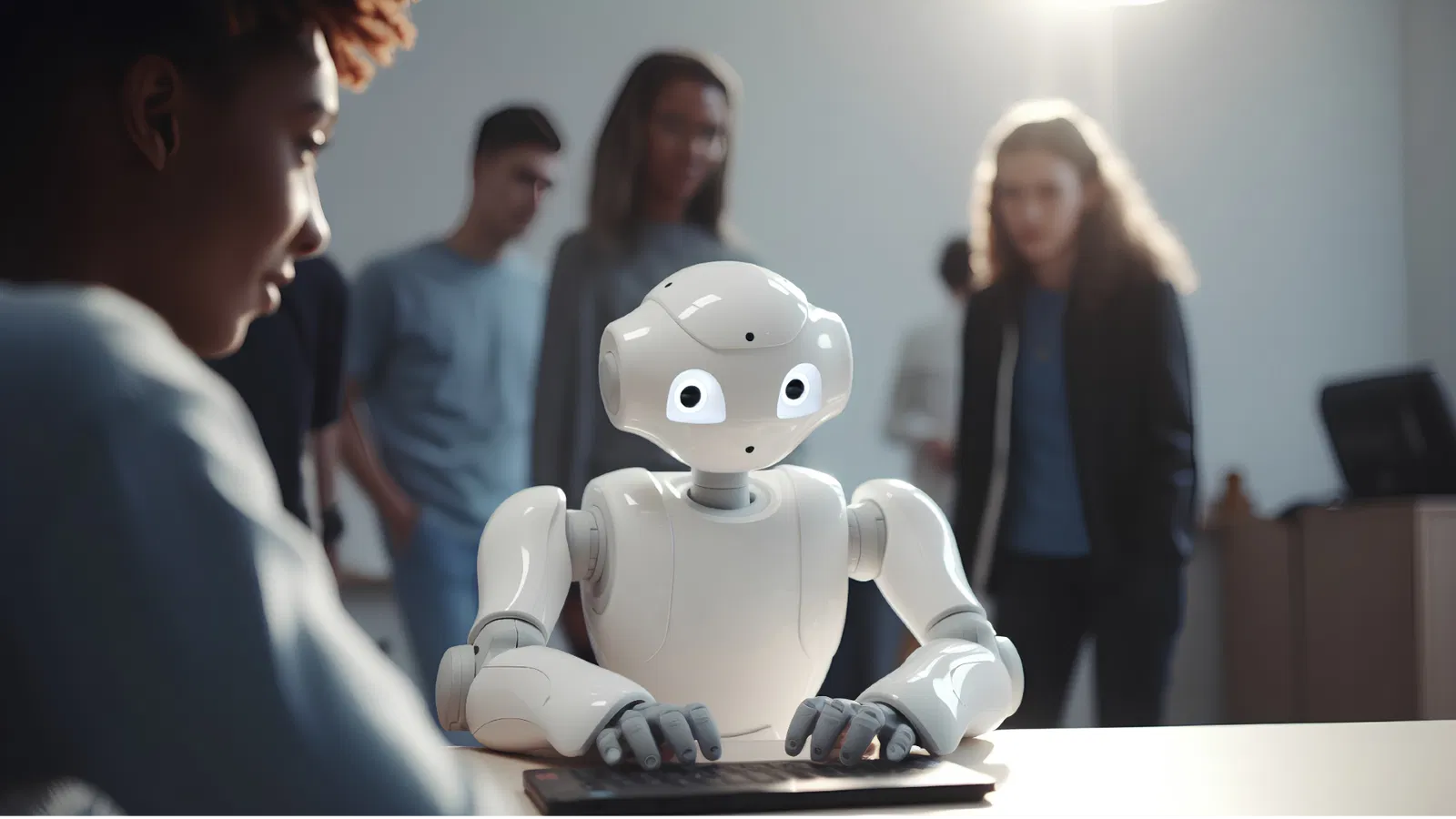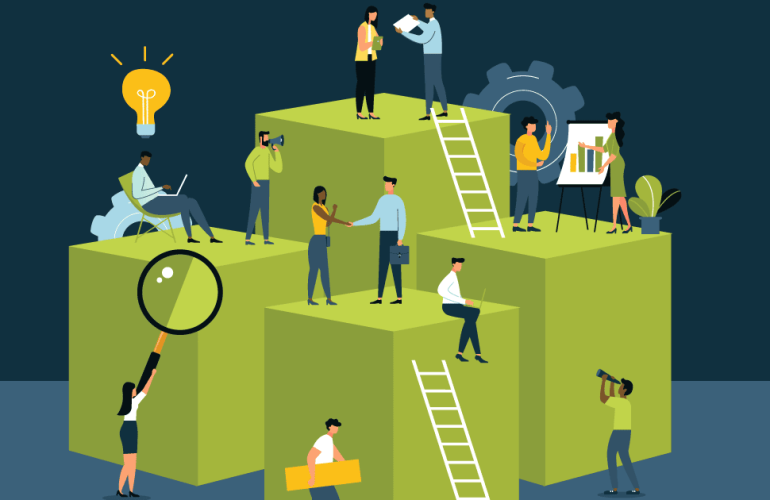Key Takeaways
- 30% of Gen Z workers admitted to creating fake work using AI to appear productive.
- 60% find AI helps them complete tasks faster and easier.
- 74% use AI for brainstorming and generating creative ideas.
- 62% rely on AI for creating digital content and presentations.
- 56% use AI for guidance in workplace communication.
- 39% automate tasks without their manager’s knowledge, posing ethical concerns.
- 49% of Gen Z are worried about AI leading to biased workplace decisions.
- 23% reported that using AI negatively impacts their mental health.
In an era where technology continuously shapes our professional landscapes, Gen Z has emerged as the frontrunners in integrating AI into daily work tasks. However, their relationship with this powerful tool is complex, marked by innovation, ethical concerns, and mental health challenges.
Understanding Gen Z’s Approach to AI
Gen Z workers, often labeled as digital natives, are naturally inclined to adapt and experiment with technological advancements. Their interaction with AI at work is both fascinating and indicative of future workplace trends.
AI as a Productivity Booster
- Speed and Efficiency: A significant 60% of Gen Z workers utilize AI to streamline tasks, making their work not only faster but also more efficient.
- Creative Process Enhancement: An impressive 74% use AI tools for brainstorming and generating creative ideas, which shows AI’s potential to catalyze innovation.
The Diverse Applications of AI
- Content Creation: With 62% of Gen Z relying on AI for digital content creation and presentation design, it’s clear these tools are central to their workflow.
- Communication Support: Over half (56%) seek AI for guidance in workplace communication, highlighting its role in facilitating clearer and more effective interactions.
Ethical Dilemmas and Concerns
While AI offers numerous benefits, its use also raises significant ethical concerns:
- Workplace Transparency: 39% have admitted to automating tasks without managerial awareness, raising questions about trust and accountability.
- Bias and Decision-Making: Nearly half (49%) express worry about AI leading to biased workplace decisions, indicating a need for rigorous scrutiny and ethical programming.
The Mental Health Implications
The introduction of AI into everyday tasks isn’t without its drawbacks. With 23% of Gen Z workers reporting adverse mental health effects from AI usage, it’s crucial to address how constant technological interaction impacts personal well-being.
Balancing Innovation with Responsibility
Gen Z’s use of AI at work presents a dual-edged sword. While it unlocks unprecedented productivity and creativity, it simultaneously brings forth ethical dilemmas and mental health challenges. As workplaces continue to integrate AI, a balanced approach that emphasizes responsibility, transparency, and mental health awareness is imperative.




